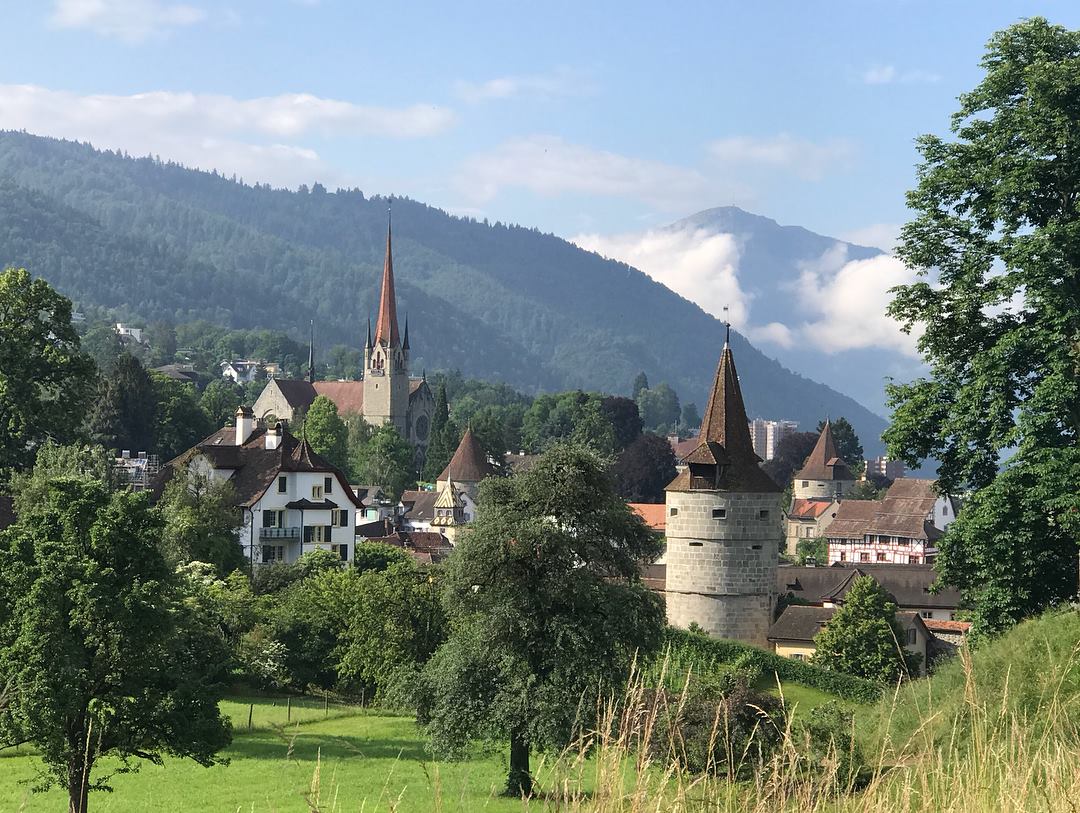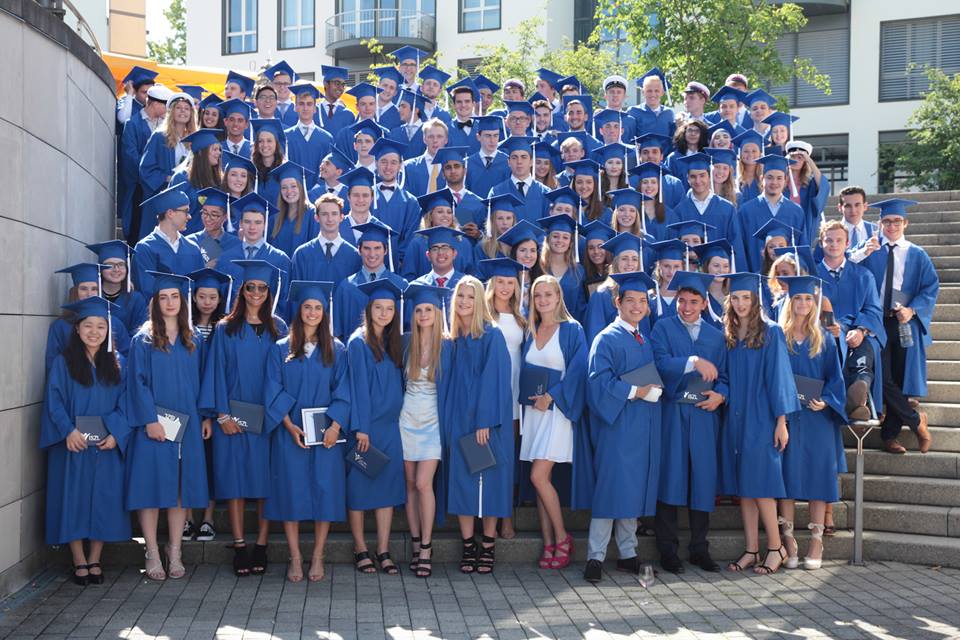An important focus area associated with this year’s review of ISZL’s mission, vision, values, and learning principles is that of our school and community’s culture and how it relates to global citizenship. With our staff and students representing 34 and 60 different nationalities respectively, in addition to the school’s offering of 25 language courses, ISZL is clearly an international community that embraces diversity, culture, and language. To what degree, then, does the concept of global citizenship define ISZL?
If we consider this question from a more macro perspective with respect to ISZL’s greater context, we quickly note that, although the Canton of Zug does not include a large metropolis centre, it has a remarkable degree of diversity in its population. According to 2016 census statistics, non-Swiss residents comprised approximately 26% of the population while the city of Zug records an even higher level at 31.7%. Switzerland currently hosts residents from about 140 different countries.
A recent conversation with local educational leaders highlighted this diversity. As part of our outreach to further connect with the Swiss community, we invited the leadership team from Kantonsschule school to visit ISZL with the hope of initiating a partnership. At one point, we were asked about the number of nationalities represented by our student population, and we proudly stated the number to be about sixty. We are somewhat surprised when the visiting school representative responded by stating that they have about the same number of international students. This commonality has, in part, established that we seem to have more in common with local schools than may have been understood initially.
While the Swiss government has implemented policies to attract international residents, there also seems to be an approach to global citizenship that may be instructive to ISZL’s culture and values, particularly given our focus on further integration with the local community. By way of example, the Swiss Federal Immigration department publishes a document called, “Welcome to Switzerland”, which provides information for new residents arriving from abroad. One of the most interesting aspects of the publication are the quotes from foreigners living in Switzerland and their focus on integration and diversity. For example, Sabir Aliu from Kosovo stresses the importance of communication:
“Our neighbourhood means more to me than just having a roof over our heads. This certainly has something to do with the fact that the people who live here gradually realised that living happily together requires effort from all of us. It doesn’t matter whether one is
Anna Gruber from Macedonia challenges us to think about integration at a deeper level:
“What bothers me slightly is that the word integration is often reduced to learning the language or to whether one wears a headscarf or not. But integration means a lot more: It needs people who have the will to become involved with a new country and a foreign culture. And on the other hand, it needs a society which allows this. Mutual understanding and tolerance just cannot be stipulated by laws.”
The publication also quotes Swiss citizen Bruno Moll who provides us with transition advice:
“Responding to prejudices and opening doors, not closing them – this is my aim. Not only as a Swiss
Some of the common themes that emerge from these quotes are the concerted and purposeful efforts for understanding through listening and talking, engagement with our local community, and respect and openness to different ways to comprehend the world around us. As a community that focuses on the development of students, these values and dispositions translate well to a school environment. This thought can be taken a step further to argue that ISZL’s context and its location in the Canton of Zug will inevitably have a strong influence on ISZL’s culture.
When reflecting on the question of “Who are we?”, it seems prudent to consider the influence local culture has on our school, which can range from a traditional farmer’s lifestyle to the more than 30% of foreigners living in the canton, among other factors. The influence of external factors on ISZL’s culture also furthers our work associated with the International Baccalaureate’s mission, “to develop inquiring, knowledgeable and caring young people who help to create a better and more peaceful world through intercultural understanding and respect.” This focus on culture and global citizenship may also be referred to as cross-cultural cognition, which can be defined as the ability to think, feel, and act across cultures. To that end, it would be natural to conclude that the concept of global citizenship plays a critically important role in contributing to defining ISZL and answering the question, “Who are we?”.
PS: In an effort to hear as many voices as possible and form a narrative over the course of this school year, I am kindly asking community members to email me (barry.dequanne@iszl.ch) with any stories you may have that would contribute to answering the “Who are we?” question.

